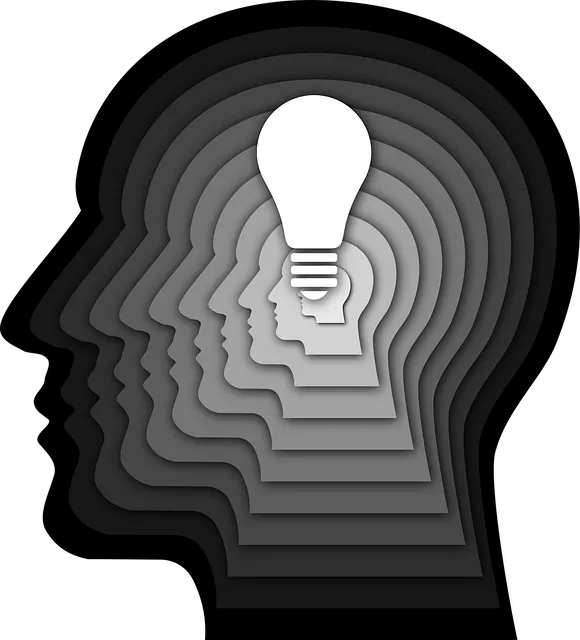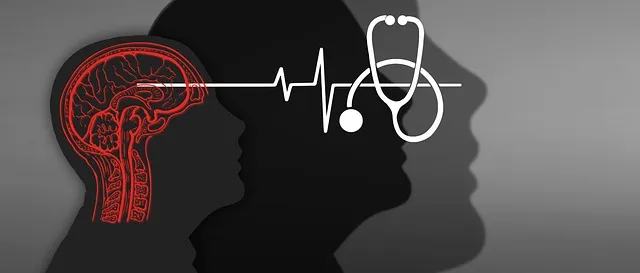In Kaiser Westminster, addressing diverse mental health needs through tailored digital apps is crucial for improving access and well-being. Incorporate self-awareness exercises, stress workshops, and empathy-building strategies to reduce stigma. Learn how to optimally utilize these services via innovative solutions tailored for the region. Prioritize user privacy, security, and engagement in app design, ensuring robust encryption and personalized dashboards for effective mental health management while adhering to best practices and data protection standards.
In today’s digital age, mental wellness apps offer a promising avenue for accessible care. This article explores the development of such apps, focusing on the unique needs of Kaiser Westminster members seeking mental health services. We delve into designing features that facilitate effective therapy and support, while ensuring privacy, security, and user engagement. Understanding how to integrate these elements is crucial in creating an app that empowers individuals to take charge of their mental wellness, right at their fingertips.
- Understanding Mental Health App Needs in Kaiser Westminster
- Designing Features for Effective Therapy and Support
- Ensuring Privacy, Security, and User Engagement in Development
Understanding Mental Health App Needs in Kaiser Westminster

In Kaiser Westminster, understanding the unique mental health app needs is paramount to enhancing access to services and improving overall well-being. The region’s diverse population requires tailored solutions that address various mental health concerns, from anxiety and depression to stress management and stigma reduction. Many individuals seek convenient and discrete ways to improve their mental health, making digital apps an appealing option.
Apps designed for Kaiser Westminster should incorporate features like self-awareness exercises to help users identify triggers and develop coping strategies. Additionally, integrating stress management workshops organized by the organization can offer valuable tools for users to manage daily stressors effectively. By prioritizing these needs, mental health app developers can contribute significantly to reducing the stigma surrounding mental illness while ensuring that services are easily accessible through Kaiser Westminster’s established healthcare infrastructure.
Designing Features for Effective Therapy and Support

When designing features for a mental wellness app, it’s crucial to incorporate elements that facilitate effective therapy and support. One key area is integrating Self-Awareness Exercises tailored to individual needs, such as mood tracking, meditation guides, and journaling prompts. These tools empower users to better understand their emotional patterns, which is fundamental in the process of healing and self-improvement.
Furthermore, including Empathy Building Strategies can significantly enhance the app’s therapeutic value. Features like role-playing scenarios, virtual group discussions, or even gamified activities focused on emotional intelligence can foster a sense of community and understanding. For mental health professionals using such apps for their practice, implementing robust Risk Management Planning is essential. This involves ensuring data security, clear consent mechanisms, and guidelines for recognizing and responding to potential crises, thereby providing a safe and reliable environment for both users and practitioners.
Ensuring Privacy, Security, and User Engagement in Development

When developing a mental wellness app, prioritizing privacy, security, and user engagement is paramount to fostering trust and encouraging users to seek the support they need. Users, especially those accessing services through Kaiser Westminster, are sharing sensitive information about their emotional well-being. Thus, implementing robust encryption protocols and secure data storage methods is essential to safeguard personal details from unauthorized access or breaches. Transparency in privacy policies and clear communication of how user data is used and protected can enhance user confidence.
Engaging users within the app experience is crucial for retention. Incorporating interactive features like personalized dashboards, mood tracking tools, and progress visualization can encourage regular use. Moreover, integrating evidence-based practices such as self-esteem improvement exercises, resilience-building techniques, and communication strategies can empower users to take an active role in their mental health journey. By combining security measures with engaging content, the app becomes a reliable companion for managing and enhancing mental wellness.
Mental wellness app development is a powerful tool for providing accessible mental health services, especially through platforms like Kaiser Westminster. By understanding user needs, designing therapeutic features, and prioritizing privacy and security, these apps can significantly enhance mental healthcare. Incorporating user engagement strategies ensures individuals find support tailored to their unique requirements. Discovering the right balance between functionality and user experience will revolutionize how people access mental health resources, making it easier for folks to prioritize their well-being in today’s digital era.






